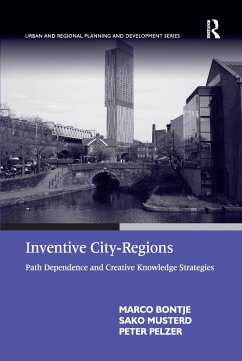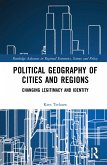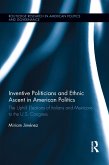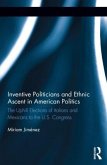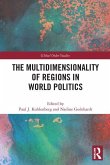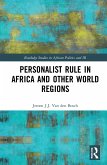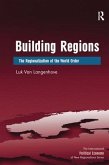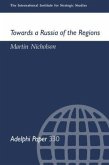Virtually every city-region in West and Central Europe has developed policies and strategies to attract, retain and encourage creative industries and knowledge-intensive services. Since most of these citiy-regions tend to see a creative knowledge economy as 'the best bet for the future', one of the main goals of such policies and strategies is increasing the international competitiveness of their city-region. Using the cities of Amsterdam, Barcelona, Birmingham, Helsinki, Leipzig, Manchester, and Munich as case studies, this book explores the spatial, economic, historical, socio-demographic, socio-cultural and political conditions that may determine whether a city-region is or can become attractive for creative and knowledge-intensive companies, and for the talented people working for or founding these companies. A comparison of the case studies and an overview of the key findings, similarities and differences which lead to policy recommendations as well as suggested directions for further research will make this book attractive to urban and regional academics, planners and students.
Hinweis: Dieser Artikel kann nur an eine deutsche Lieferadresse ausgeliefert werden.
Hinweis: Dieser Artikel kann nur an eine deutsche Lieferadresse ausgeliefert werden.

